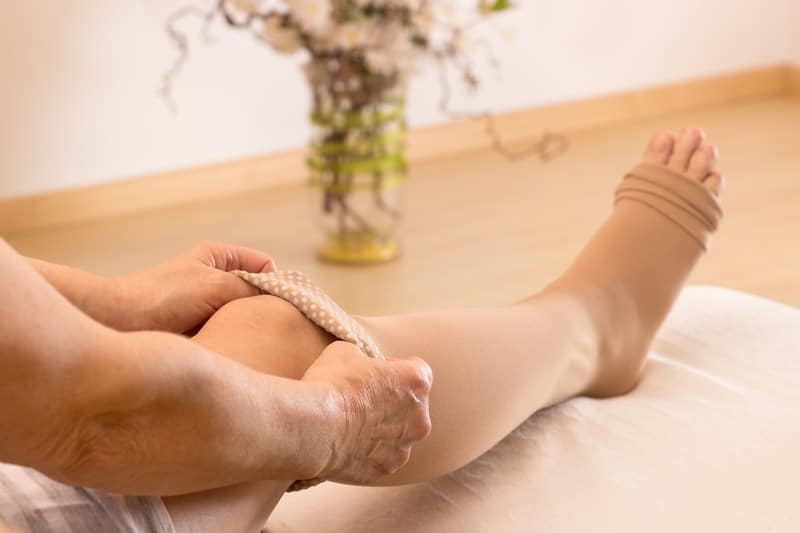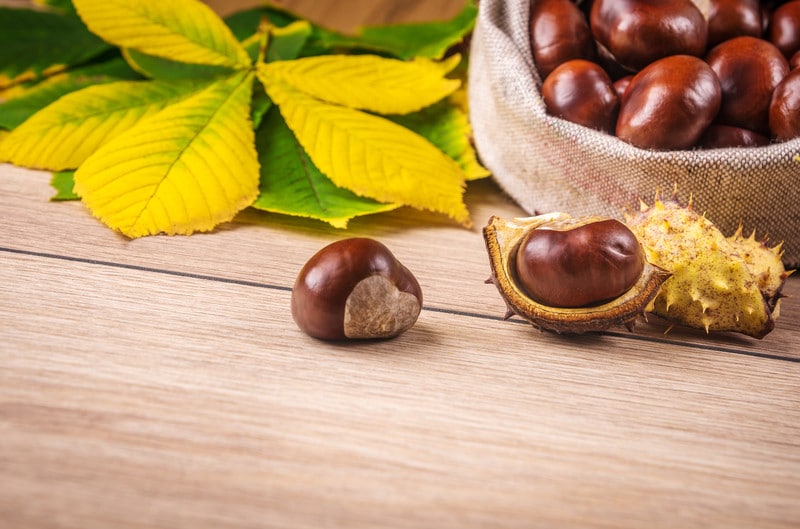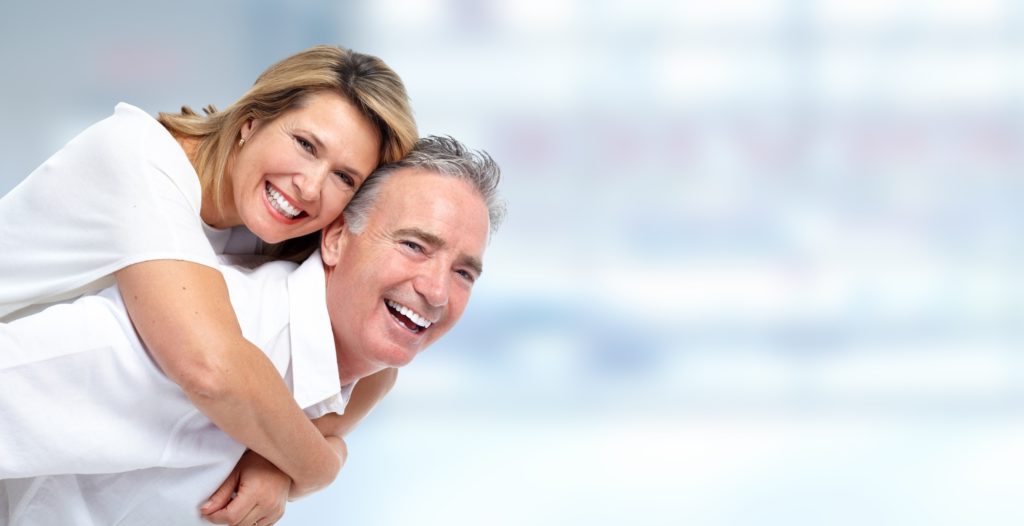
Compression Stockings may help Varicose Veins…for those who wear them
If you just googled “compression stockings for varicose veins” to find this article, you are far from alone.
Millions of Americans have looked at compression stockings as a non-surgical alternative to help deal with the discomfort of varicose veins and other peripheral vascular concerns. Perhaps not knowing that there are newer, effective, and minimally invasive procedures available, many have purchased compression stockings as a home remedy for varicose veins. And studies show that many of those stockings are now sitting abandoned, in a drawer or storage.
Why does everyone hate compression stockings?
Properly fitted compression stockings are believed to be effective in reducing lymphedema, reducing the incidence of deep vein thrombosis and venous ulceration, and increasing vascular circulation in cases of varicose veins and Chronic Venous Insufficiency (CVI).
However, compression stockings don’t work if they are not worn. A research review published on the National Center for Biotechnology Information website noted that 30-65 percent of Americans simply stop wearing their prescription compression stockings, for a variety of reasons:
- pain and discomfort of wearing compression stockings
- difficulty experienced in trying to put on the compression hose
- don’t like the way the compression stockings look
- feel compression socks are ineffective
Skin irritation is also a factor, and remains an important one in hot climates, such as Arizona.
Alternatives to Compression Stockings for Varicose Veins
If you have tried compression stockings and found that you just are not comfortable in them, there is still hope for decreasing your leg pain, improving your vascular health and improving the appearance of your legs. With a straightforward, but complete vein exam and duplex ultrasound, a qualified vein specialist can tailor a treatment plan for you that is much easier, more comfortable and more effective than you might realize is possible.
[1] https://www.ncbi.nlm.nih.gov/pmc/articles/PMC4081237/; retrieved November 7, 2016
Although there is no cure for varicose veins and venous insufficiency, there are certain varicose vein home treatments you can to help relieve some of the symptoms of aching legs, swelling of legs, itchy legs, leg cramps and restless and heavy legs. Varicose Veins Homeopathic Treatment For those who prefer a homeopathic approach for managing…
Read MoreAre you worried about your varicose veins? A lot of people who have venous insufficiency or vein disease do not realize they have it or how straightforward it is to treat. Symptoms of venous insufficiency or vein disease are progressive and can start as early as your teens and twenties, but will only get worse…
Read MoreCan You Cure Varicose Veins? There are several conservative therapy and management of vein insufficiency options to help with the symptoms associated with varicose veins. None of these methods will prevent or fix the underlying problem. There is no cure for varicose veins or venous insufficiency, once a vein is abnormal (fails to return blood…
Read MoreWhat jobs contribute to getting or worsening varicose veins? When you are in the business of taking care of other people, sometimes you get so busy taking care of them that you forget to take care of yourself. People with active lives and active legs, like fire fighters, paramedics, nurses, police officers, teachers, flight attendants,…
Read MoreCauses of Varicose Veins During Pregnancy There are a number of reasons why women get varicose veins during pregnancy. First, the volume of blood circulating in the body increases to help support your growing baby. However, veins don’t have a way to accommodate the extra volume so sometimes the veins bulge, itch, are painful to…
Read MoreWhat is a Vein Specialist? When the venous system becomes incapable of doing its job effectively, that is when a vein specialist is at their best. A vein specialist is a medical provider whose main focus is the treatment and management of venous disease. Vascular medicine is composed of two different systems, arterial and venous.…
Read MoreCan I Use Essential Oils For Varicose Veins? Essential oils can help to temporarily alleviate symptoms associated with the underlying problem of varicose veins, but they do not prevent, treat, or cure venous disease itself.
Read MoreThere are several treatments available for painful varicose veins According to recent studies, 50 to 55 percent of women and 40 to 45 percent of men in the United States suffer from some type of vein problem. Varicose veins affect half of people 50 years and older, typically found on the thighs, inside the leg,…
Read MoreHigh Temperatures Will Irritate Varicose Veins As hot as it gets in Arizona, we can’t blame the sun for our varicose veins or spider veins as it is not the cause. However, our hot Arizona summers do cause diseased leg veins to get worse, as do hot tubs, heating packs, and prolonged hot baths. Warmer…
Read MoreDoes smoking cause varicose veins or spider veins? The noxious chemicals in cigarettes can do serious damage to your veins and arteries, whether you use tobacco products on a day-to-day basis or on occasion. The signs of damage from smoking often shows up in our vein center patients through the development of spider veins…
Read More


